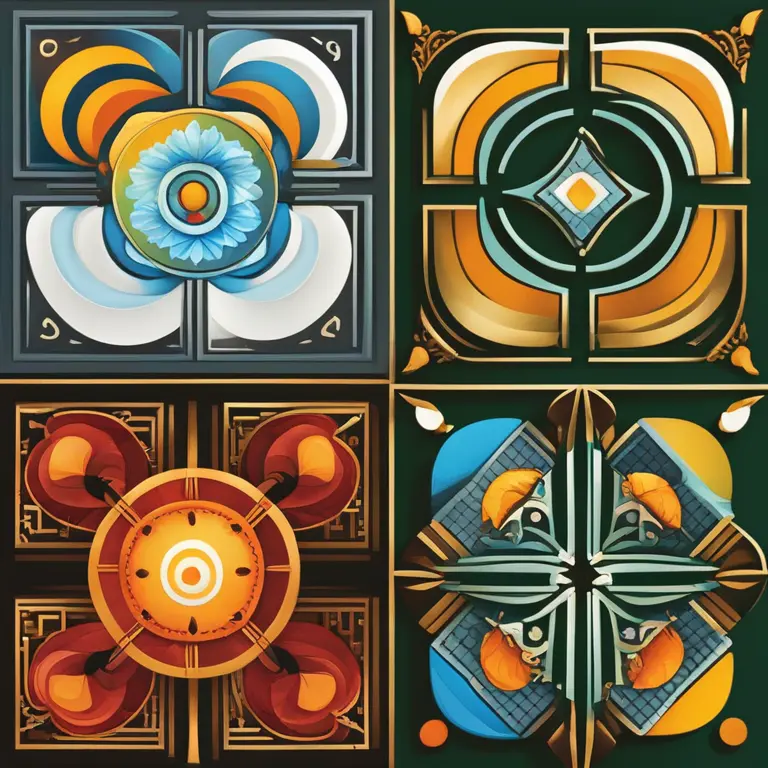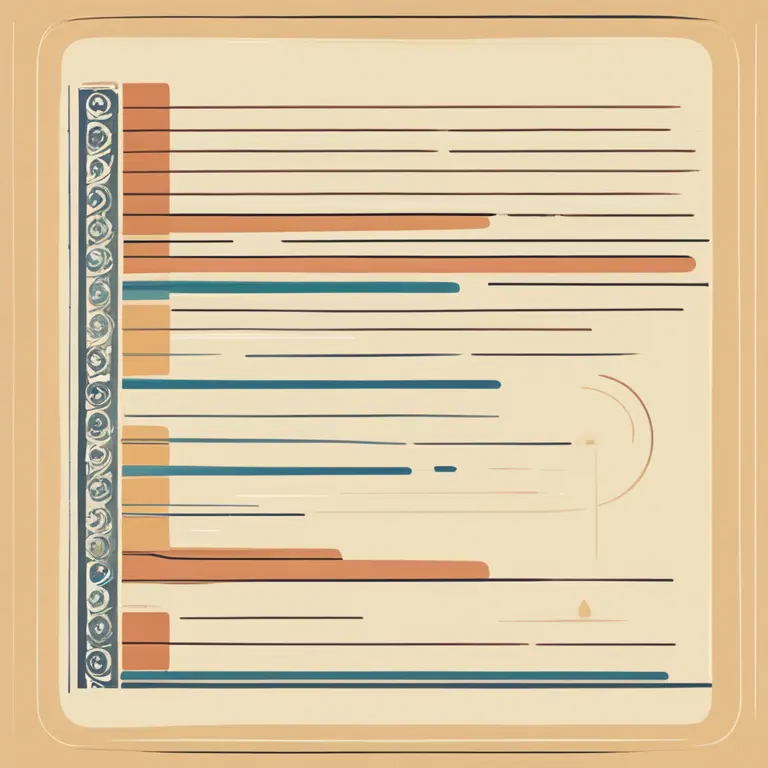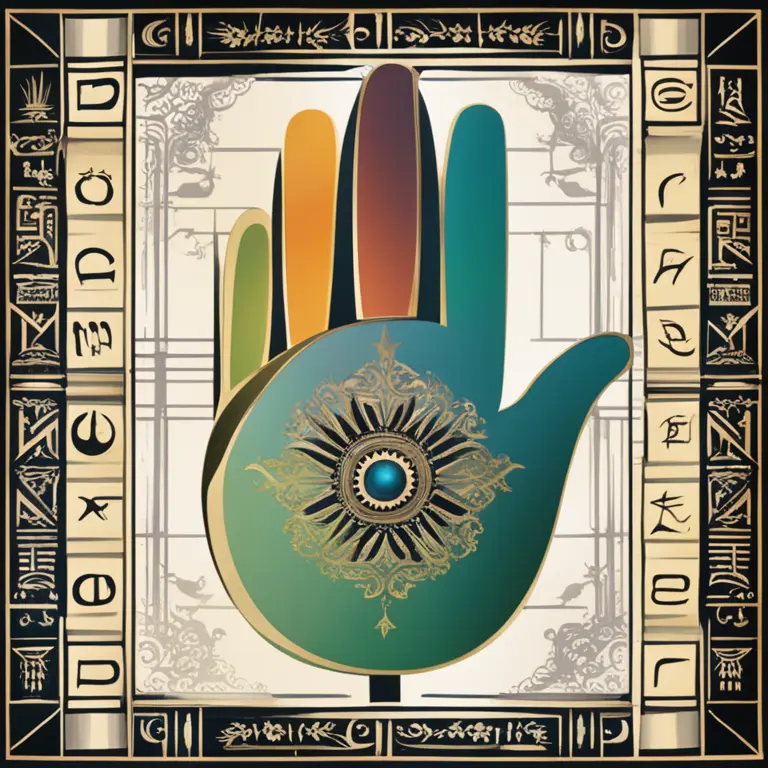
The Fundamentals of Palm Reading
Discover the foundational aspects of palmistry and how to interpret the lines and shapes of your hands.
article by Nora Pennington
The Essence of Palmistry
Palmistry, also known as chiromancy, is an ancient practice that interprets the lines, shapes, and features of the hands to reveal personality traits and life prospects. While its origins are shrouded in the mists of time, palmistry has been embraced across various cultures and continues to fascinate in the modern era. This article will guide you through the basic rules that govern the art of palm reading, ensuring that enthusiasts and newcomers alike can grasp the core concepts that underpin this mystic science.

Hand Types and Elements
The first rule in palmistry is to understand the hand type, which is believed to be linked to the four elements: fire, earth, air, and water. Fiery hands are characterized by long palms and short fingers, often suggestive of passion and impulsivity. Earthy hands, with their square palms and fingers, denote practicality. Airy hands feature square or rectangular palms with long fingers, hinting at an intellectual disposition. Lastly, watery hands possess long palms and long fingers, reflecting a sensitive and intuitive nature. Recognizing these elemental associations is fundamental as they lay the groundwork for a deeper interpretation of the hand's features.

The Major Lines
Central to palmistry are the three major lines found on most hands: the heart line, head line, and life line. The heart line, traversing the top of the palm, sheds light on emotional and romantic affairs. A deep, clear heart line indicates strong emotional intelligence, while a shallow or broken line may suggest emotional struggles. The head line, running below the heart line, speaks to intellectual tendencies and mental fortitude. A straight head line implies practical thinking, whereas a wavy one could signify a creative thinker. The life line, which curves around the thumb base, often informs one's vitality and life changes rather than predicting lifespan. A robust life line can denote resilience, while variations in the line might reflect significant life events.

The Minor Lines and Mounts
Beyond the principal lines, numerous minor lines and mounts - the raised fleshy sections of the palm - offer additional insights. For instance, the fate line, not present on all hands, can signal life's directional changes and success alignment. The mounts, named after celestial bodies like Venus, Mars, and the Moon, further amplify the narrative by embodying various personality traits and predispositions. A pronounced Mount of Venus, positioned at the thumb's base, might indicate a love of pleasure and a zest for life. Each line and mount, in its complexity and interaction with others, provides the practitioner with a tapestry of characteristics to decipher and relay.

The Significance of Hand Dominance
The rule of hand dominance plays a pivotal role in palm reading. Typically, the dominant hand provides insight into one's adult life and outward personality, reflecting the present and future path, while the non-dominant hand offers a glimpse into one's potentials, inner self, and past. By comparing both hands, palmists can interpret the evolution of an individual's traits and life experiences, highlighting potential shifts and growth. This dual-perspective approach is integral for a comprehensive reading, merging the realms of inherent nature with the dynamic flow of life.
Technological Influence on Palmistry
As we advance into 2024 and beyond, technology's influence on palmistry cannot be ignored. From high-resolution scanning to palmistry apps utilizing AI, these tools have simplified the capturing and analysis of intricate hand details. However, traditional palmists advocate for the human touch, valuing intuition and experience over machine precision. Whether employing tech aids or not, the enduring rule remains: Palmistry is as much an art as it is a science, requiring a blend of technical know-how and intuitive interpretation.
Published: 1/11/2024
Modified: 1/12/2024
More predictions
Come back here soon to learn more about yourself and your future


Can We Trust Palmistry?
Delving into the realm of palmistry, this article examines its credibility and place in contemporary spiritual practices.


The Possibility of Palmistry in Cancer Detection
Examining the claims that palmistry holds any potential in identifying the risk of cancer: a deep dive into the world of mysticism and medicine.


Palmistry: The Historical Overview
Delve into the dawn of palmistry and trace its journey through the corridors of time, uncovering the roots of this ancient practice.